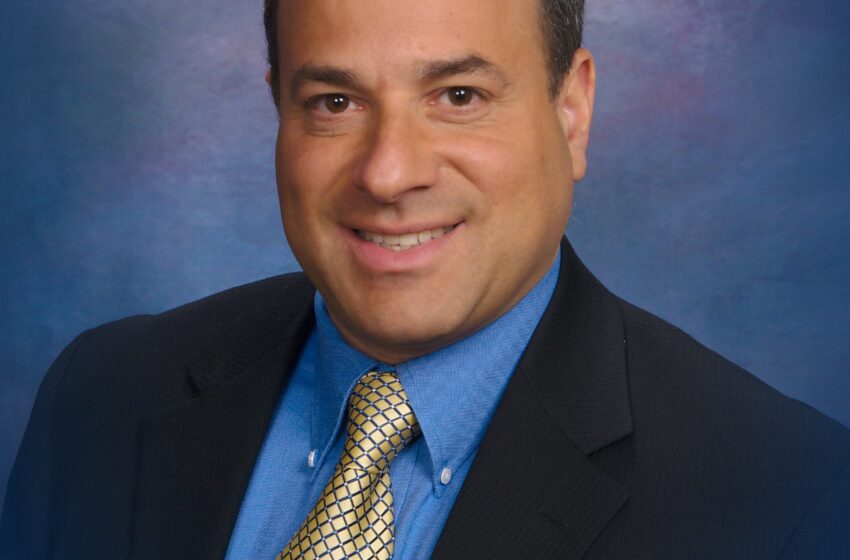Stier: E-cigarette Bans Would Harm Public Health
- Industry insights News This Week
- September 15, 2020
- 7 minutes read

Jeff Stier / senior fellow at the Consumer Choice Center
Public health policy should be guided by science, data and a large dose of common sense. The promised benefits of any policy should be weighed against the known risks and possibility of unintended consequences.
Last February, the House of Representatives passed legislation that would ban the sale of flavored e-cigarettes to adults. The bill, sponsored by Rep. Frank Pallone Jr., D-N.J., did not advance in the Senate, but is sure to rear its draconian head in the next Congress, write public health experts Jeff Stier and Henry Miller.

The prohibition of the legal sale of flavored e-cigarettes to adults is not supported by science, is undermined by an analysis of the available data, and lacks common sense.
Federal law already bans the sale of all e-cigarettes to anyone under 21, so the Pallone legislation would only change the legal status of the sale of flavored e-cigarettes to adults. That would harm public health, because the data tell us that adult smokers can significantly reduce their health risks if they switch from smoking to vaping. Vaping exposes users to fewer toxic chemicals than smoking cigarettes, and a British study found that long-term cigarette smokers who switched to vaping were halfway toward achieving the vascular health of a non-smoker within a month.
And because e-cigarettes are estimated to be 95 percent less harmful than cigarettes, according to Public Health England, they can be a boon to public health if adult smokers are able to completely and permanently make the switch. But achieving long-term benefits from the shift to vaping from cigarettes requires adherence, and survey after survey has found that adult smokers are better able to maintain the switch if they use flavored vaping products.
Flavors play a critical role in helping smokers quit. A 2018 study published in the Harm Reduction Journal found that, “Adult frequent e-cigarette users in the USA who have completely switched from smoking cigarettes to using e-cigarettes are increasingly likely to have initiated e-cigarette use with non-tobacco flavors and to have transitioned from tobacco to non-tobacco flavors over time.” The authors concluded that e-cigarette flavor bans “may discourage smokers from attempting to switch to e-cigarettes.”
The U.S. Food and Drug Administration (FDA) is aware of the potential life-saving nature of e-cigarette flavors, noting that “certain flavors may help currently addicted adult smokers switch to potentially less harmful forms of nicotine-containing tobacco products.”
But what about kids using flavored e-cigarettes?
Recent survey data from the U.S. Centers for Disease Control CDC) reinforces what we’ve known for a long time: Kids are curious and experiment with risky products. But it’s not the flavors that induce teens to vape. According to the 2019 National Youth Tobacco Survey, fewer than a quarter of teens who ever used e-cigarettes cited the availability of flavors as a reason for using them.
Although adults and youth equally prefer flavored e-cigarettes to those with tobacco flavor, adults quit smoking in large part because of flavors. Kids vape for lots of reasons, but the availability of flavors isn’t high among them.
Therefore, banning the sale of flavored e-cigarettes to adults in order to prevent youth vaping would be detrimental to public health overall. It would do little, if anything, to curb youth vaping, while it would make it harder for adults to quit smoking.
As misguided as the legislation was when the House voted for it in February, it is even more inappropriate today, now that the Sept. 9 deadline for e-cigarette manufacturers to submit pre-market tobacco applications (PMTAs) to the Food and Drug Administration has passed. As of that date, it is illegal to sell e-cigarettes whose manufacturer has not submitted to the FDA a substantial (and costly) application for each individual product it wishes to sell.
E-cigarettes that are the subject of these applications must meet stringent conditions, including: (1) “[r]isks and benefits to the population as a whole, including people who would use the proposed new tobacco product as well as nonusers”; (2) “[w]hether people who currently use any tobacco product would be more or less likely to stop using such products if the proposed new tobacco product were available”; and (3) “[w]hether people who currently do not use any tobacco products would be more or less likely to begin using tobacco products if the new product were available.”
Because every vaping product, flavored or not, must already meet an extraordinarily high bar, there is no valid rationale for preempting the judgments of FDA scientists and, instead, letting politicians dictate them, as the Pallone bill would do.
If current regulation, supplemented by unprecedented taxpayer-funded education campaigns, doesn’t prevent kids from vaping, there’s no reason to believe they won’t turn to even riskier products in a flourishing black market spawned by a flavor ban.
Jeff Stier is a senior fellow at the Taxpayers Protection Alliance. Henry I. Miller, a physician and molecular biologist, is a senior fellow at the Pacific Research Institute. He was a research fellow at the National Institute of Child Health and Human Development and the founding director of the FDA’s Office of Biotechnology.
